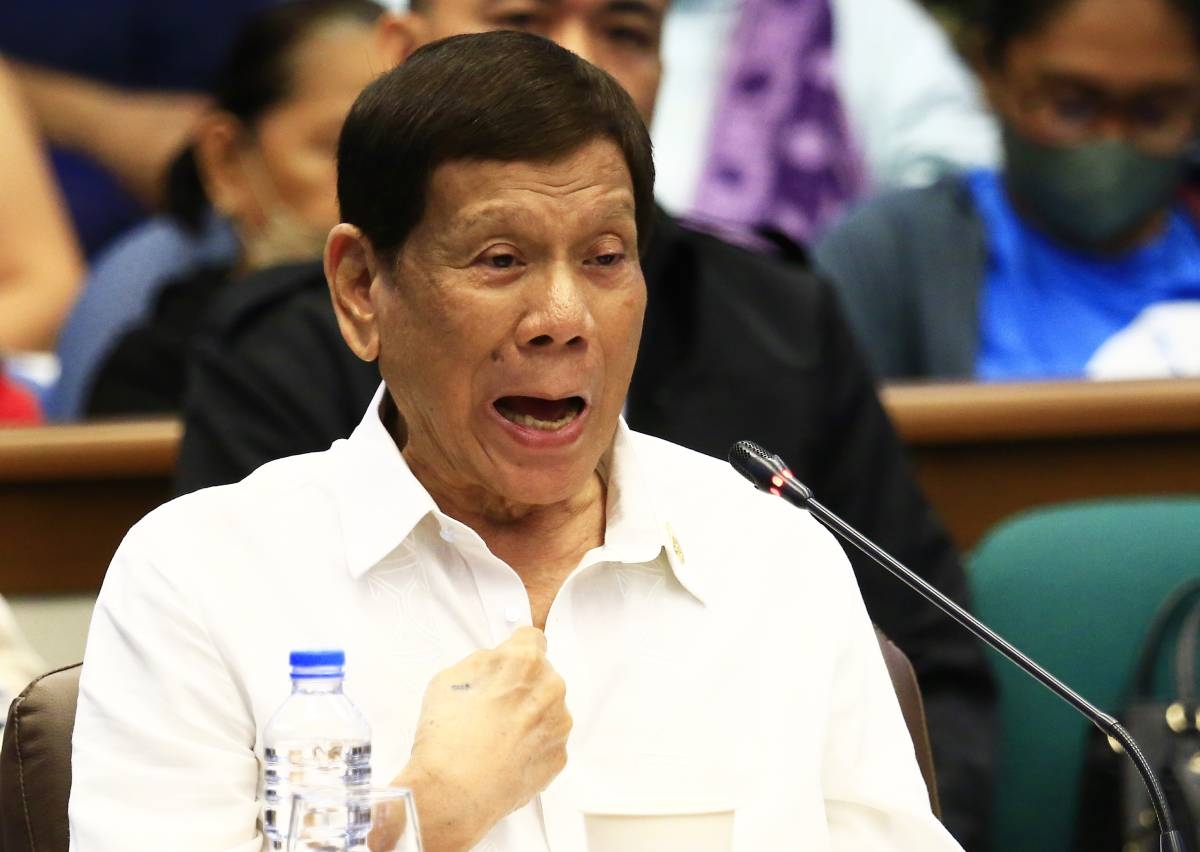Duterte's arrest driven by 'political convenience'

EVEN as the Marcos administration publicly denounces the International Criminal Court (ICC) and insists on noncooperation, revelations from insiders and legal observers highlight a stark contradiction: the government may have quietly facilitated the arrest of former president Rodrigo Duterte.
Kristina Conti, ICC-accredited lawyer representing victims of the drug war, pointed out in an interview striking inconsistencies in the Philippine government's behavior.
While the Marcos camp has repeatedly emphasized its refusal to cooperate with The Hague-based tribunal, the abruptness of Duterte's arrest suggests a backdoor deal or, at the very least, silent acquiescence.
"This arrest would not have happened if the UniTeam [of the ruling coalition] were still intact," Conti said. "There were developments that pushed the Marcos government to pursue the case ... It's political convenience, brutally put."
Conti believes divisions within the "UniTeam" — the 2022 campaign alliance of President Marcos and Vice President Sara Duterte — may have played a pivotal role. Once marketed as a symbol of post-pandemic political stability, the alliance now shows visible cracks, with seething rivalries between factions loyal to the Marcoses and to the Dutertes.
The breakdown appears to have created just enough political distance to allow international legal obligations to take effect — even if no one in Malacañang will admit it.
Despite fiery rhetoric rejecting ICC jurisdiction, key decisions on the ground point to discreet maneuvering. Sources say Philippine officials were engaged in "quiet coordination" with the ICC, particularly involving logistical aspects of the arrest.
"There may have been negotiations with the arresting state," Conti said. "The ICC considers the probability of arrest as a major factor — and this one had a high probability. That doesn't happen in a vacuum."
She said this double game — denying cooperation while subtly facilitating justice — is emblematic of the Marcos administration's broader strategy: maintaining nationalist bravado for domestic audiences while avoiding international condemnation.
Duterte's arrest may be less about a commitment to justice than about timing and optics. Conti sees it as a calculated move by the Marcos camp to distance itself from the human rights atrocities of the previous administration without explicitly condemning them.











